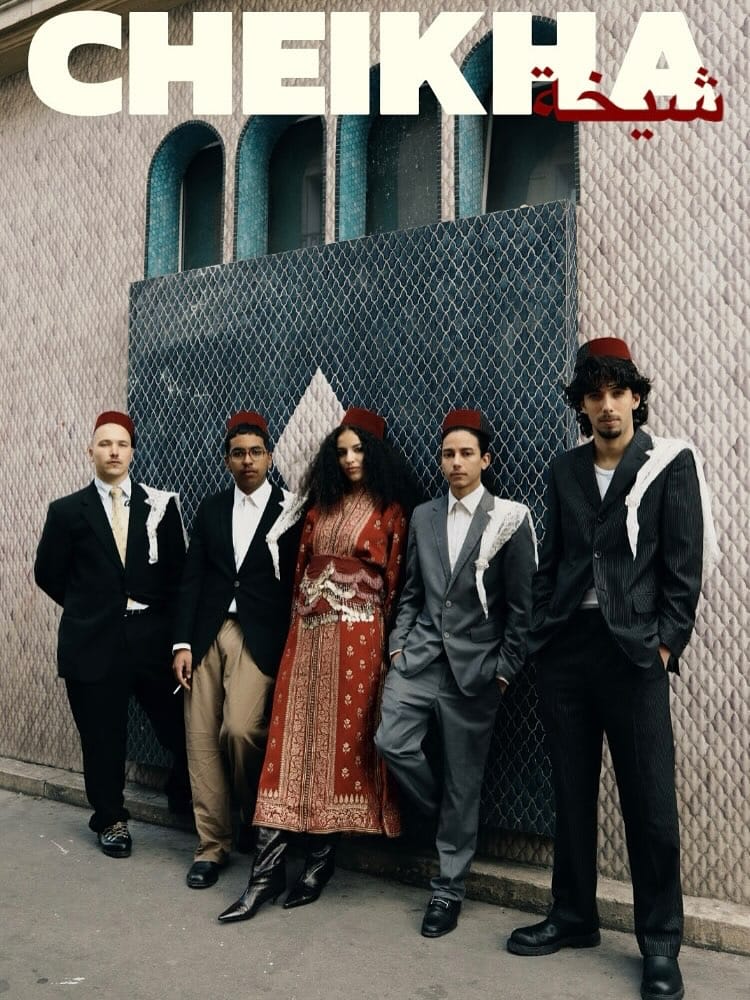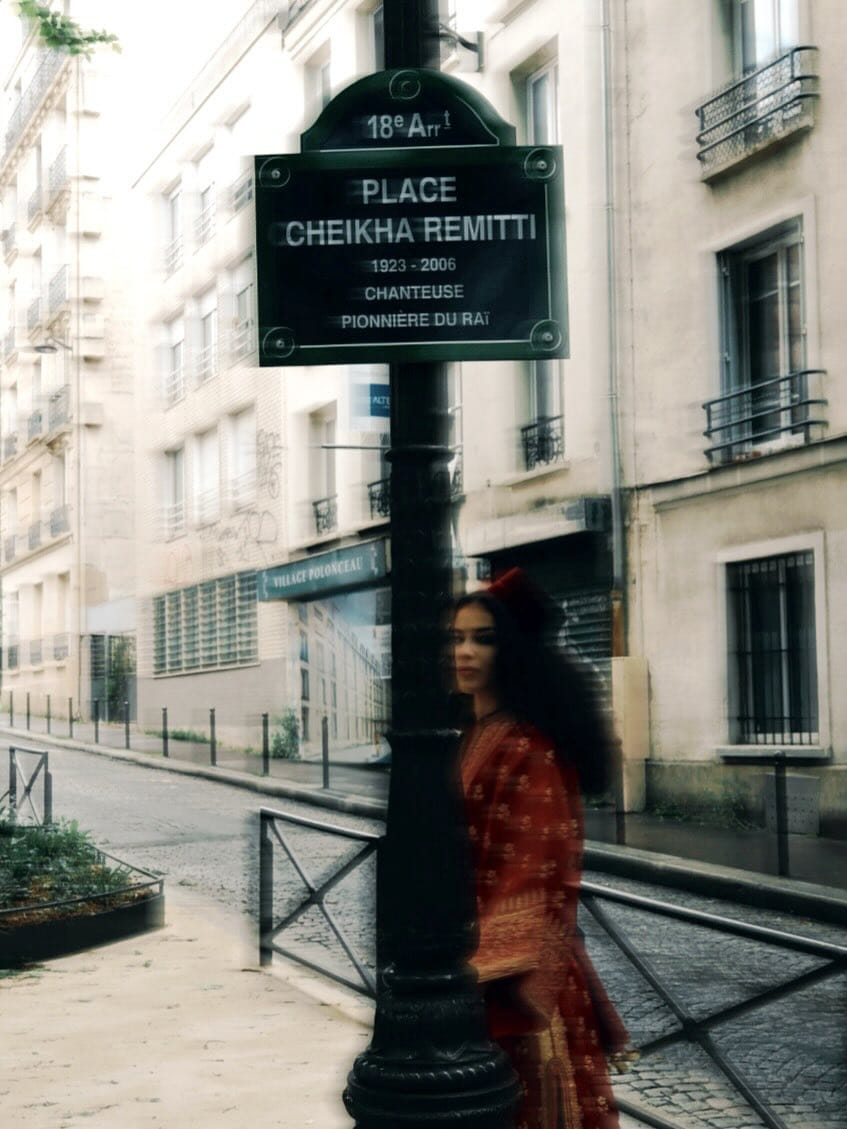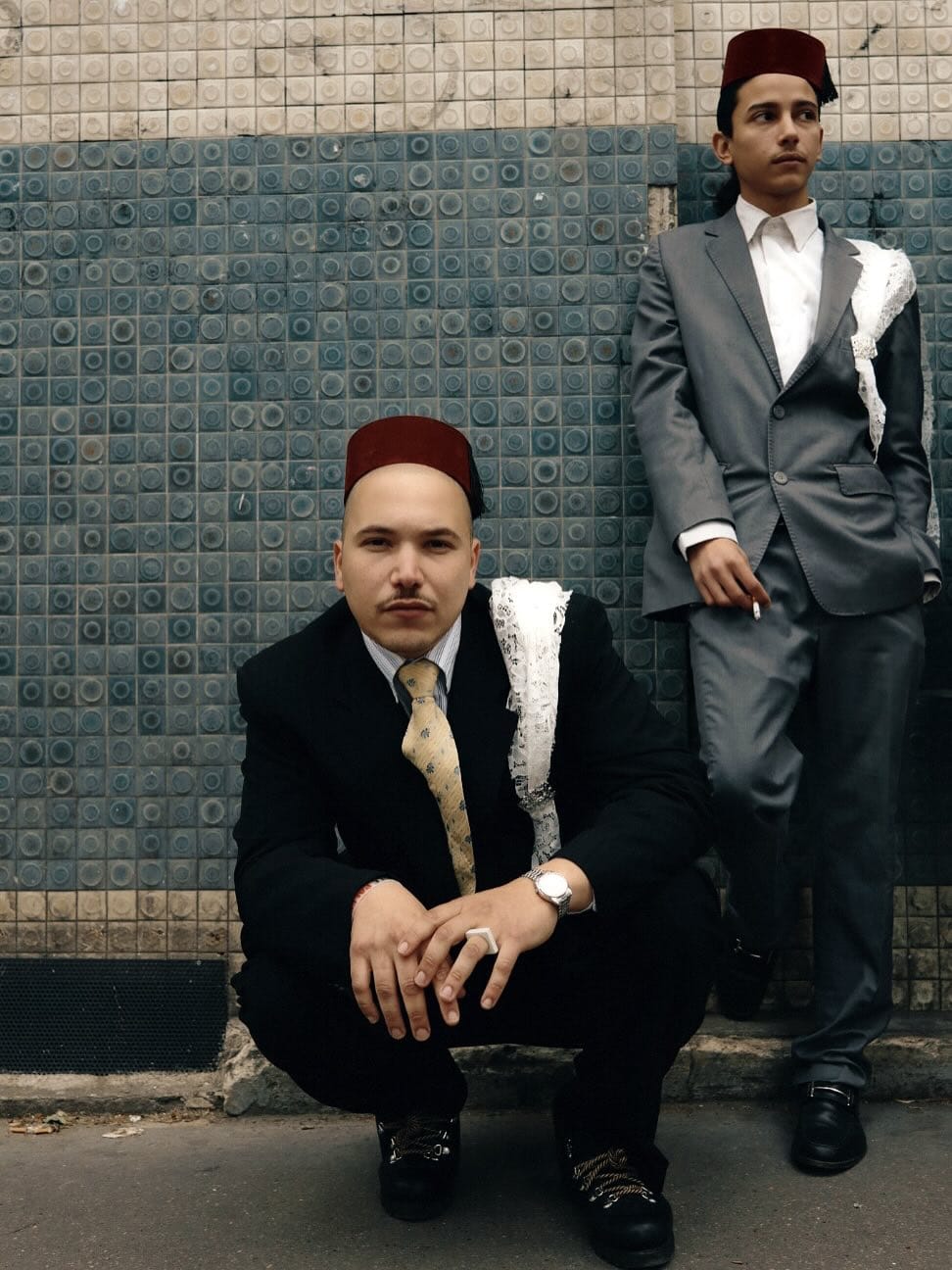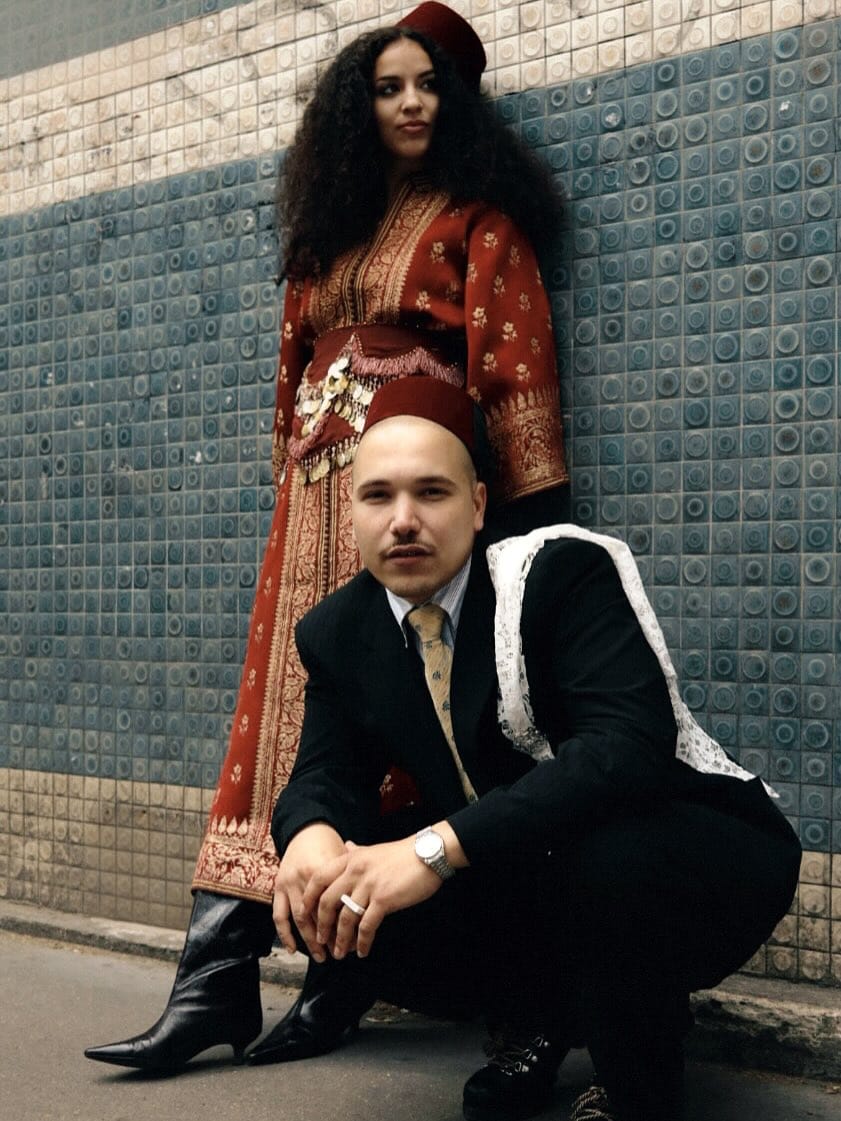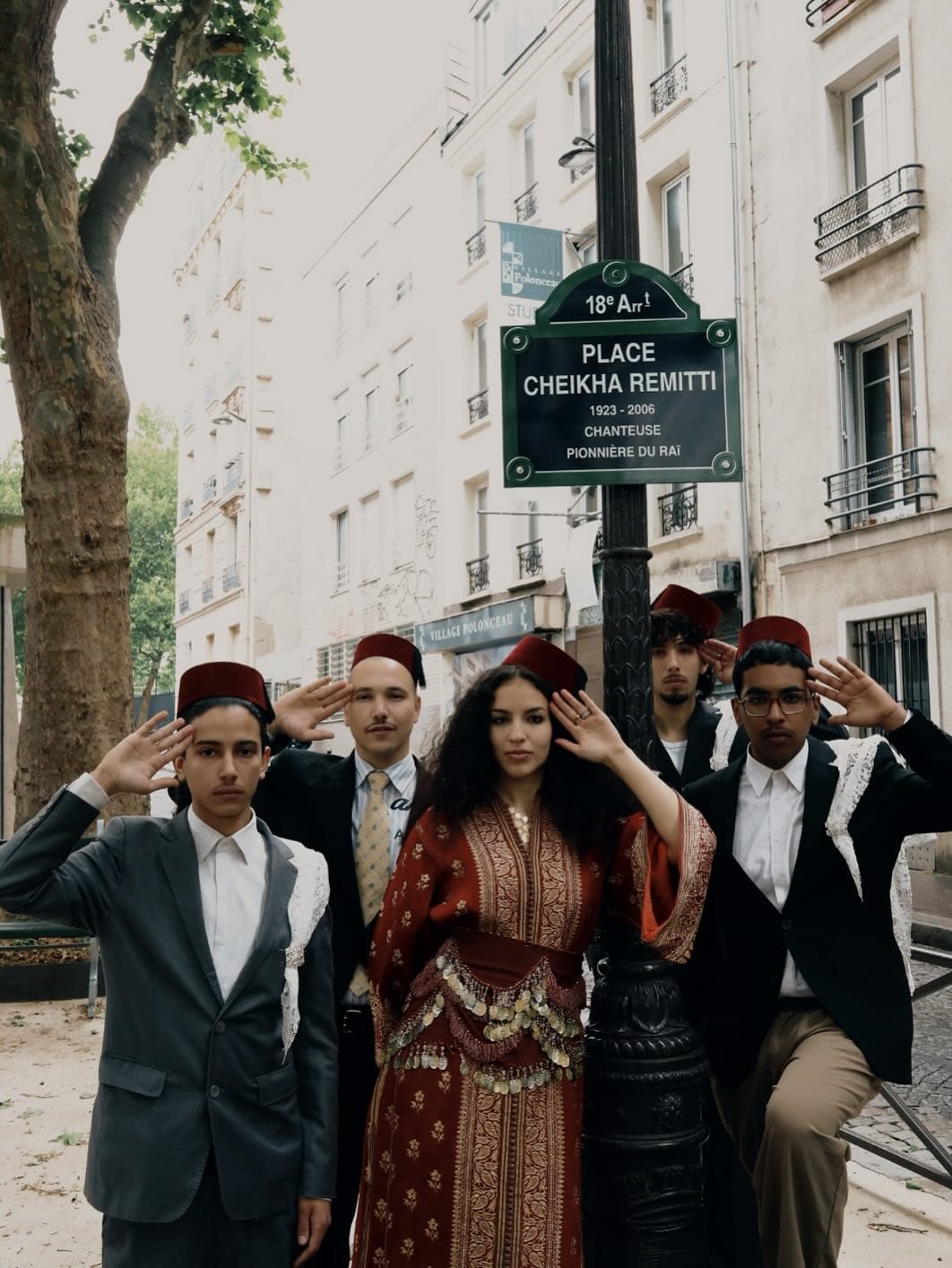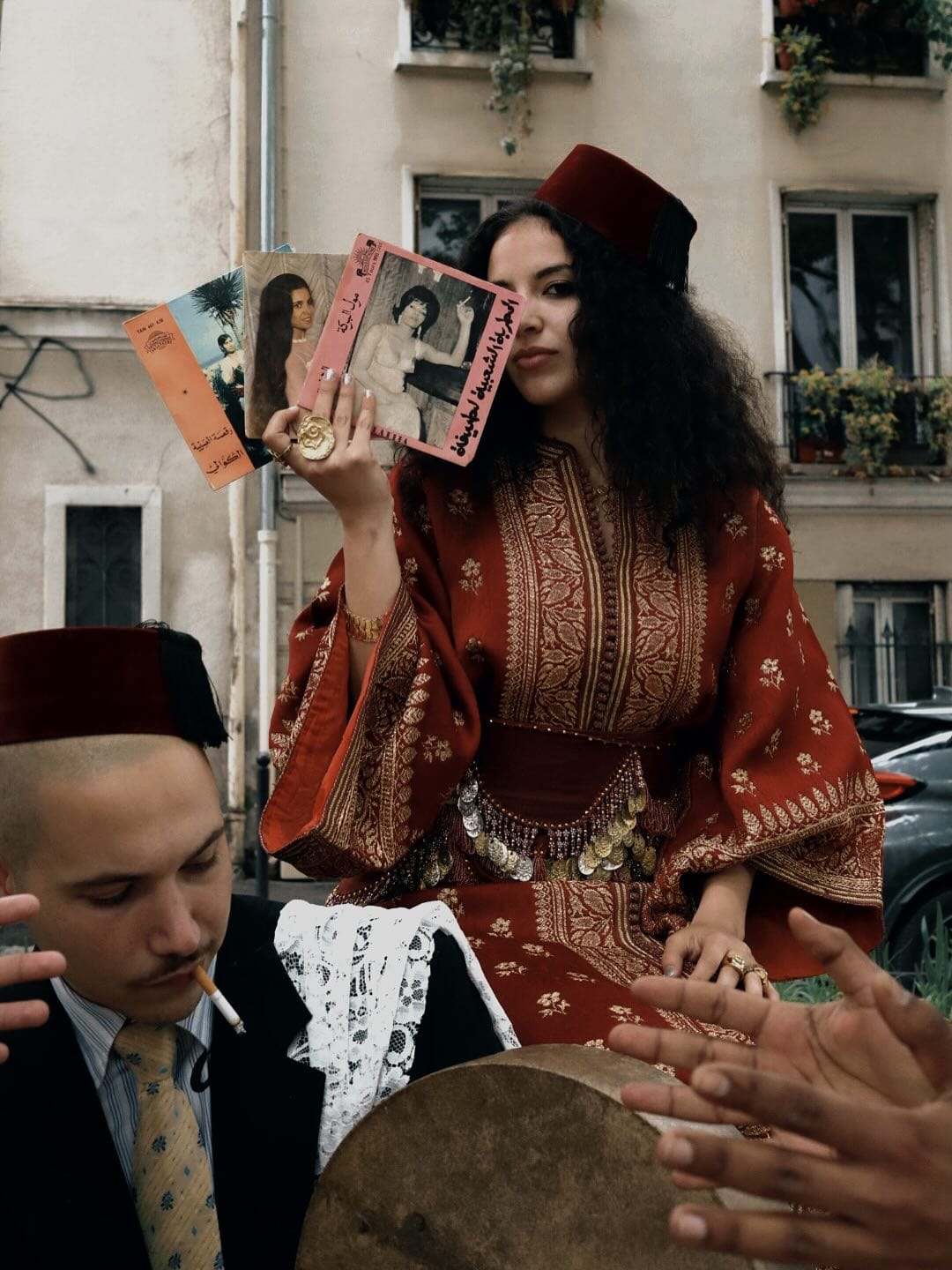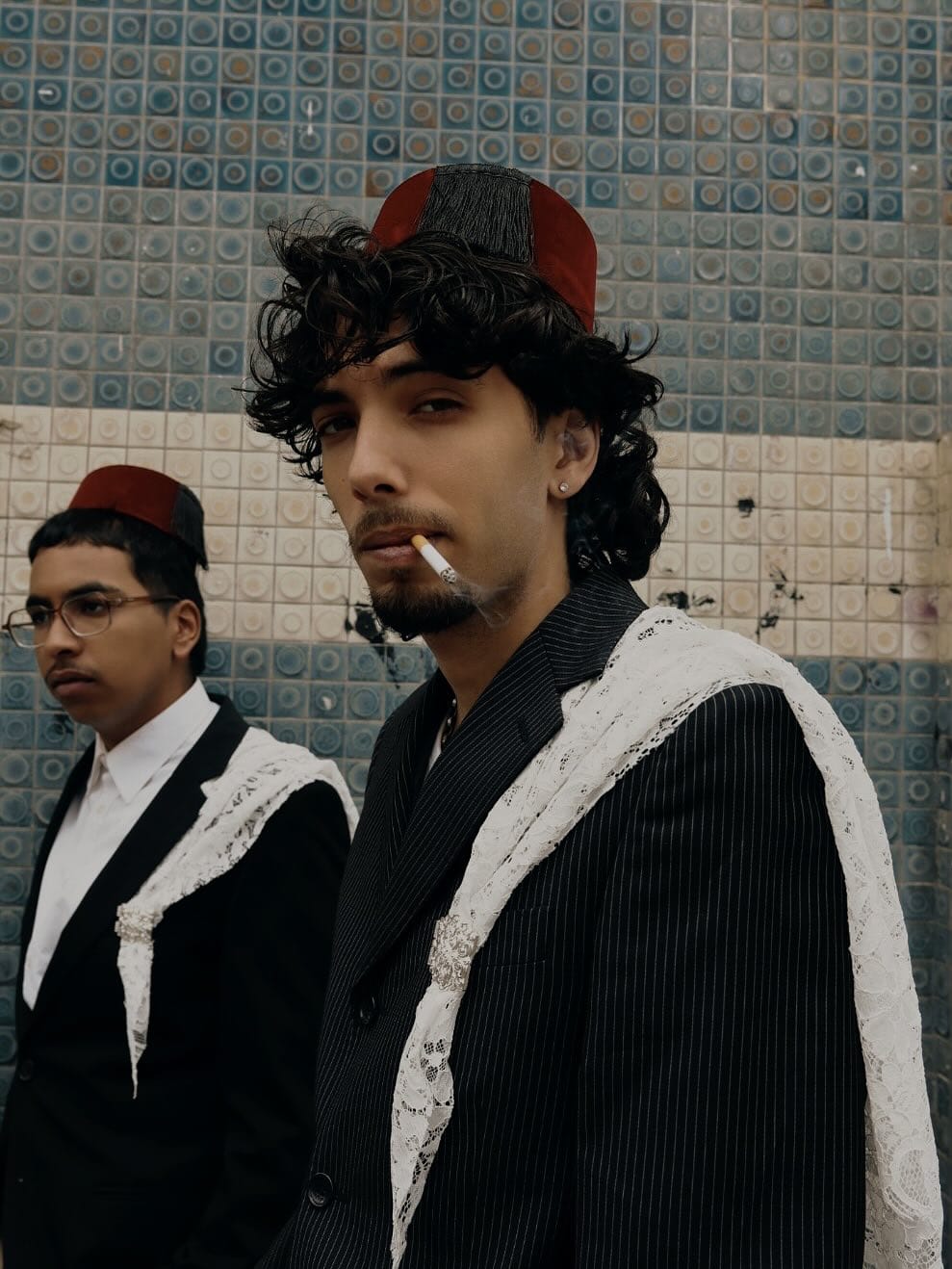A Tribute to Cheikha's: The Rebel Spirit of North African Musical Women
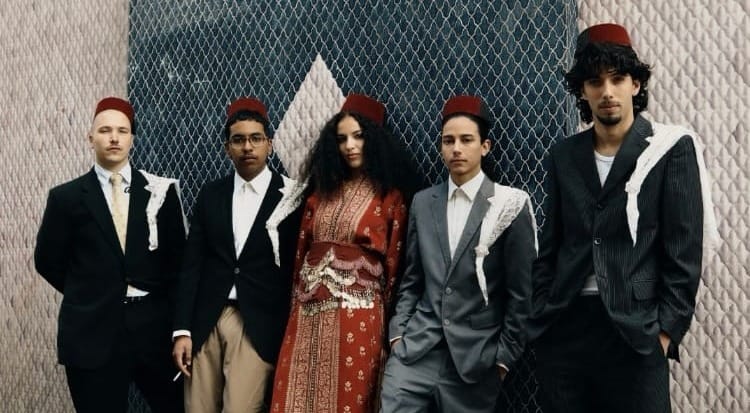
This creative duo, Aymane Sitiane and Zina Louhaichy dropped a new photo series shot in Paris: Cheikha, a tribute to the powerful women who used music as a form of protest, resistance, and strength.
In today’s world, cheikhats are often seen only as wedding singers in glittering dresses. But historically, they were so much more. They were artists, fighters, and voices of their people. Especially during the time of French colonization in Morocco and Algeria. These women sang against injustice, challenged patriarchy, and lit the fire of rebellion through poetry and performance.
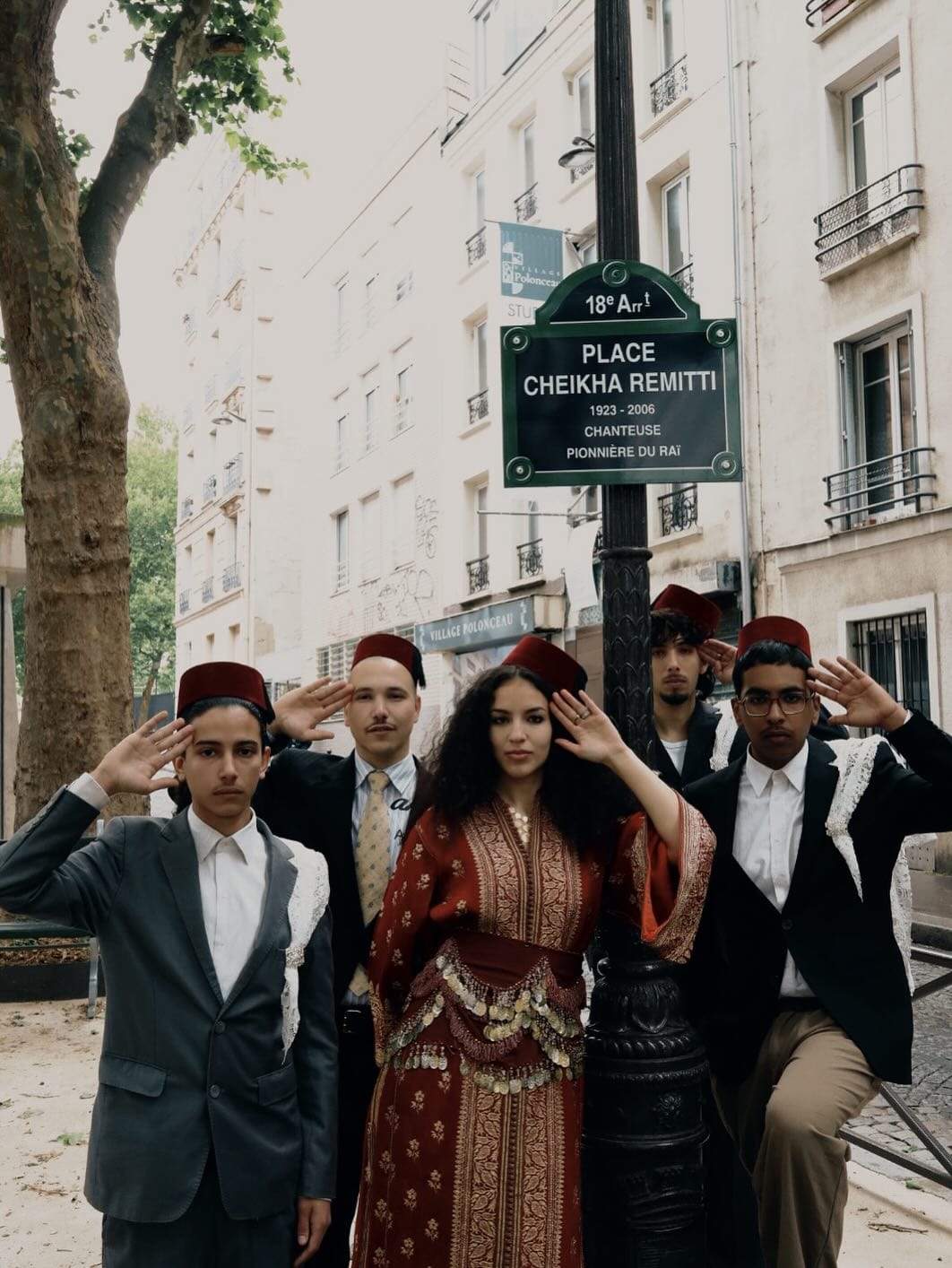
The Cheikha series brings this powerful legacy to life. Photographed and creatively directed by Ayman Sitiane, styled by his sister Rania Sitiane, and featuring the casting and performance of the artist herself, this project reimagines icons such as Kharbousha and Cheikha Remitti, women who dared to speak out through song:
"One of the first and most iconic cheikhats was Kharbousha, who was the first cheikha to sing about corruption in Morocco. Kharbousha was forced to sing for the sultan, but when she discovered that a certain ruler had close ties with the French colonists, she decided to use her music to oppose him. During a large gathering for the ruler, she sang her most famous song, “Awaisa”. This song tells the story of a girl who witnesses her village burning down at the hands of the French colonists and the horrific scenes of violence her people endured."
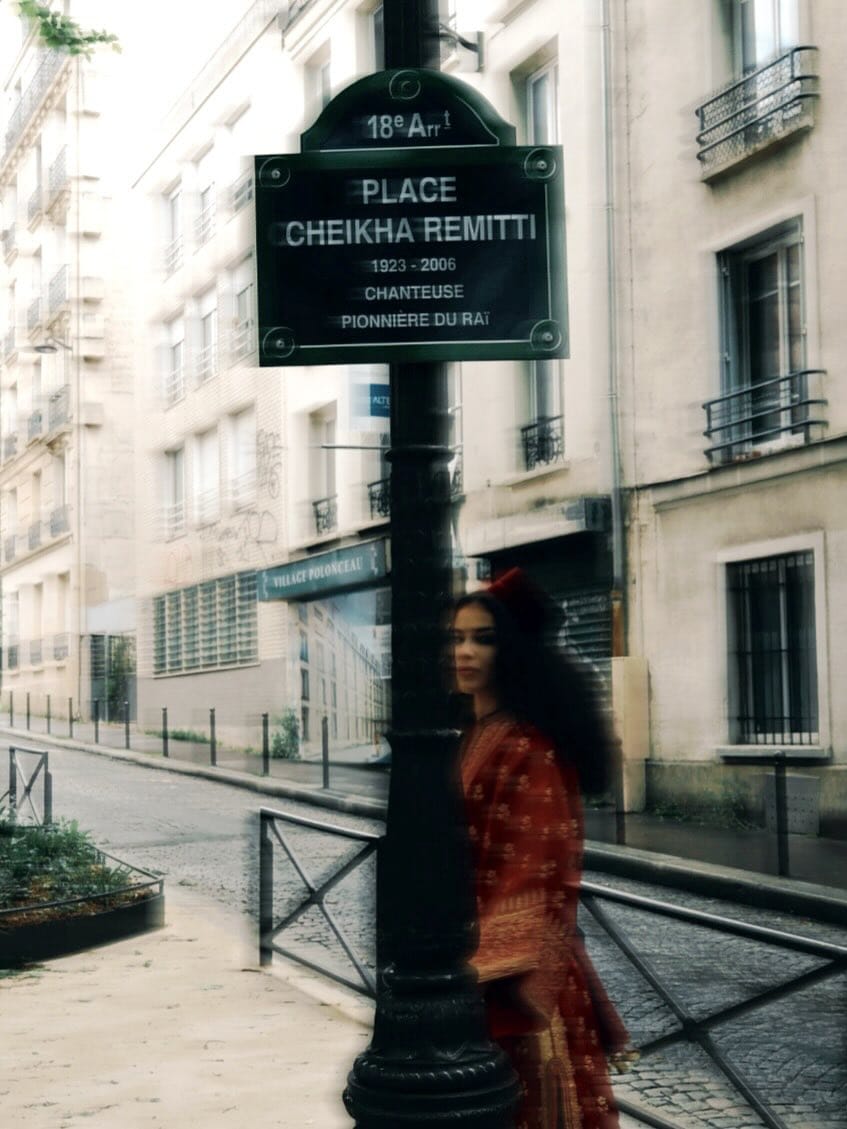
"Kharbousha gave the cheikhats an activist voice, and from that point on, they evolved from simple entertainers into powerful voices of resistance. They quickly became known as “power women”. One of the most renowned cheikhats in this movement was Cheikha Remitti, the power woman of Algeria. Cheikha Remitti stood up for women who were oppressed by their husbands. She advocated for the independence of women trapped in violent and oppressive marriages, pushing for them to break free from the control of men who suppressed them.
Who were these cheikhats? They were powerful women who fought against injustice with their voices. They were much more than performers; they were activists, fighters, and the voice of their people. In this project, I aim to shine a light on these powerful women and highlight their stories."
The visuals are bold, emotional, and timeless. Shot digitally but styled with archival textures, the images bridge past and present, reminding us that cheikhats were not just performers, they were warriors.
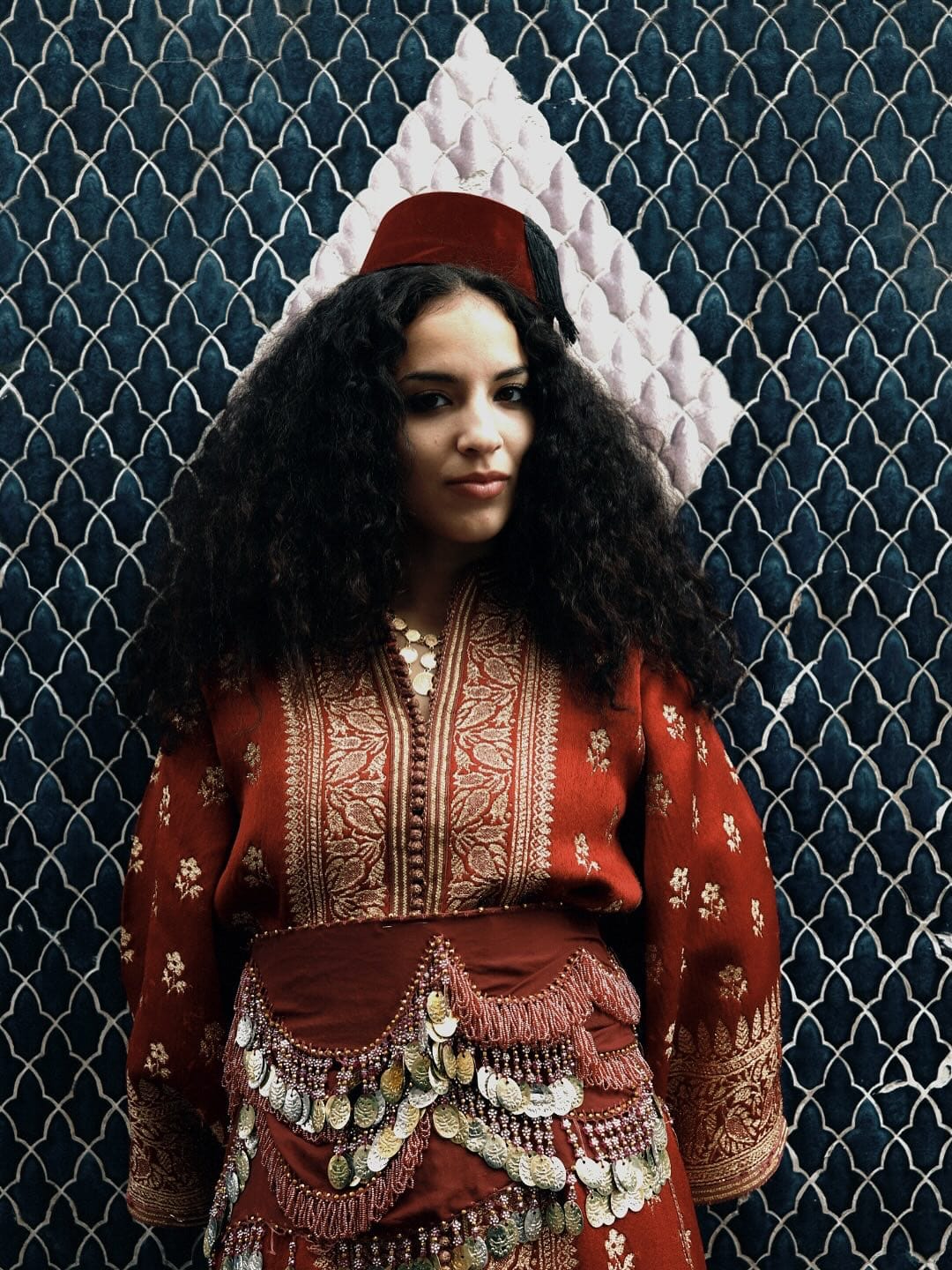
At Atay Atelier you can often find us drinking atay while listening to these songs of Cheikha Rimitti:
